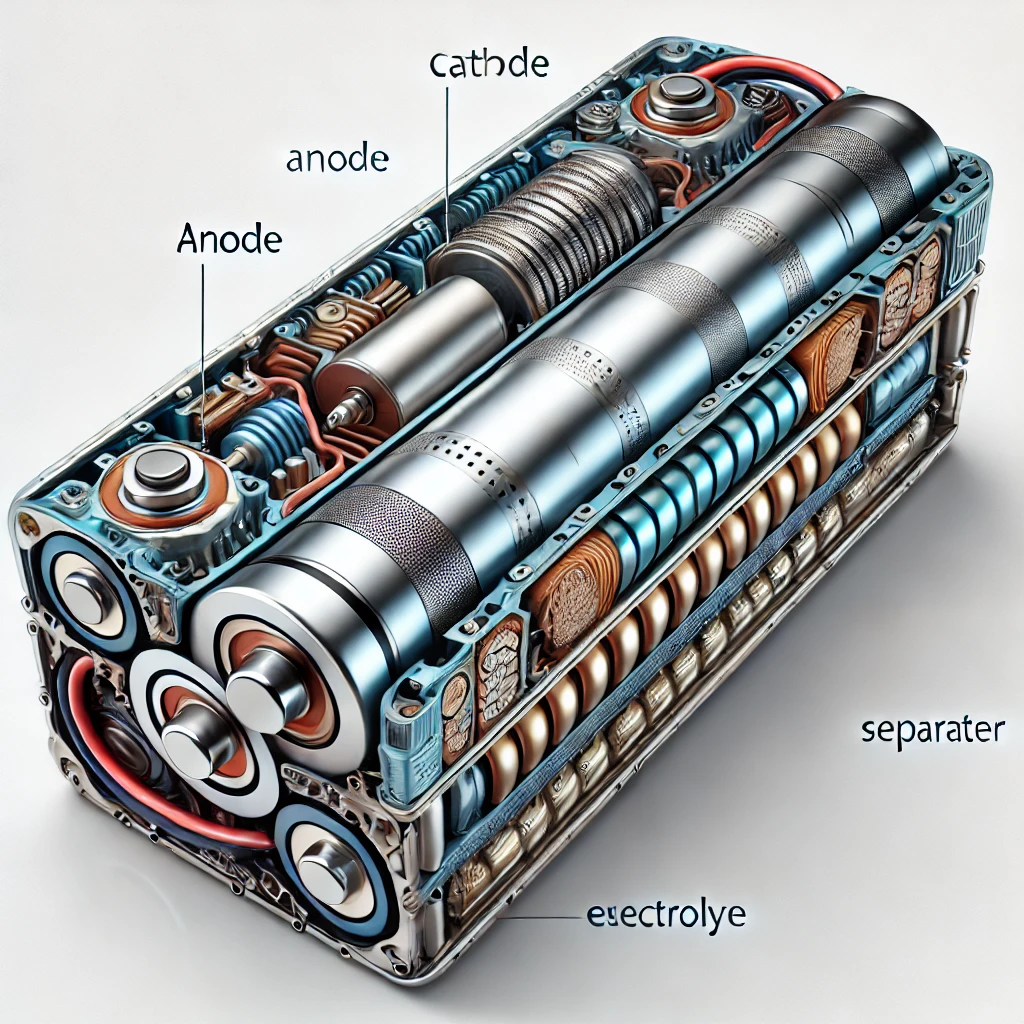
Battery Blues: The Role of Lithium-Ion Failures in Electric Car Incidents
Lithium-ion batteries
Lithium-ion batteries have revolutionized energy storage, powering everything from smartphones to electric vehicles. However, they come with their own set of risks, particularly when they fail. This blog delves into how lithium-ion battery failures contribute to electric vehicle incidents, offering a detailed look at notable cases, causes, and emerging solutions.
The Chemistry and Design of Lithium-Ion Batteries
Understanding why lithium-ion batteries can be dangerous requires a look at their chemistry and construction.
How Lithium-Ion Batteries Work
Lithium-ion batteries store energy through chemical reactions between a lithium-cobalt oxide cathode and a graphite anode. They are prized for their high energy density, which allows EVs to travel longer distances between charges.
The Safety Trade-Off
The high energy density of these batteries makes them effective but also increases the risk of overheating and combustion. This balance between performance and safety is a primary focus for manufacturers.
High-Profile Incidents Involving Battery Failures
Tesla Model S Fires
One of the first major incidents that drew attention to the risks of EV batteries occurred in 2013 when a Tesla Model S caught fire after a metal object punctured the battery from the road. While the driver was unharmed, the incident highlighted vulnerabilities in battery design.
Chevy Bolt Recalls
More recently, GM had to recall thousands of Chevy Bolt EVs due to defects in the battery that led to spontaneous fires. These issues were traced back to specific manufacturing flaws, emphasizing the importance of stringent quality control.
The Science of Battery Malfunctions
What Is Thermal Runaway?
Thermal runaway occurs when a cell within the battery becomes too hot and causes adjacent cells to overheat, creating a cascading effect. The heat can reach temperatures exceeding 1,000°C, making fires nearly impossible to put out using traditional methods.
Causes of Battery Failures
- Manufacturing Defects: Small errors during production, such as improperly aligned separators, can result in short circuits.
- External Damage: A significant impact during an accident can puncture the battery pack and initiate a failure.
- Overcharging and Heat: Malfunctions in the battery management system (BMS) can allow overcharging, leading to excessive heat buildup.
Industry Responses and Innovations
Enhanced Battery Safety Features
Manufacturers are adopting several methods to enhance battery safety:
- Thermal Management Systems: These systems help regulate battery temperature and prevent overheating.
- Battery Shields: Protective casing around battery packs can help mitigate damage from impacts.
Advancements in Chemistry
Newer battery chemistries, such as lithium-iron phosphate (LFP), offer improved safety by being less prone to thermal runaway compared to traditional lithium-cobalt cells.
The Future of Battery Safety
Solid-State Batteries
One of the most promising advancements is the development of solid-state batteries, which replace liquid electrolytes with solid materials. This change could greatly reduce the risk of fire and thermal runaway.
Policy Implications
Governments are pushing for stricter safety standards and more comprehensive testing protocols. This will likely include simulated crash tests that specifically evaluate the resilience of battery systems under stress.
While lithium-ion batteries power the path to a more sustainable future, safety remains a key concern. The industry is moving toward safer designs and better risk management practices, but awareness and proactive measures from both consumers and manufacturers are vital to reducing battery-related incidents.
